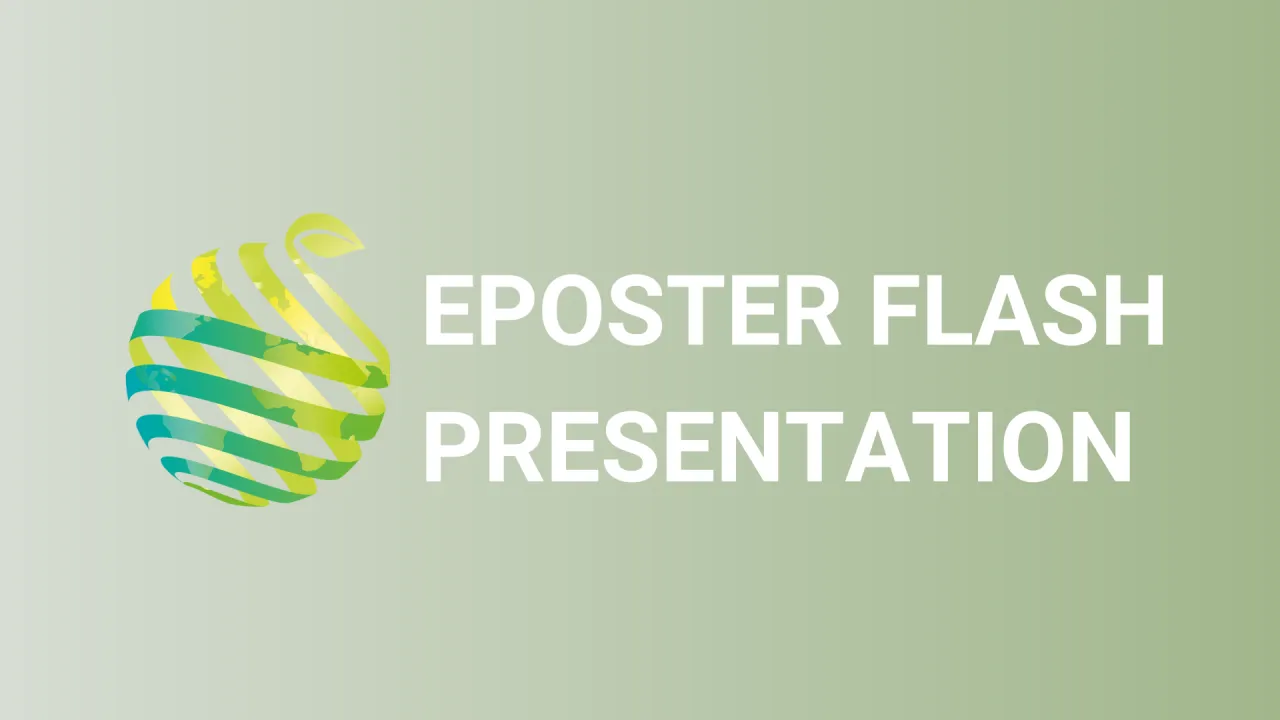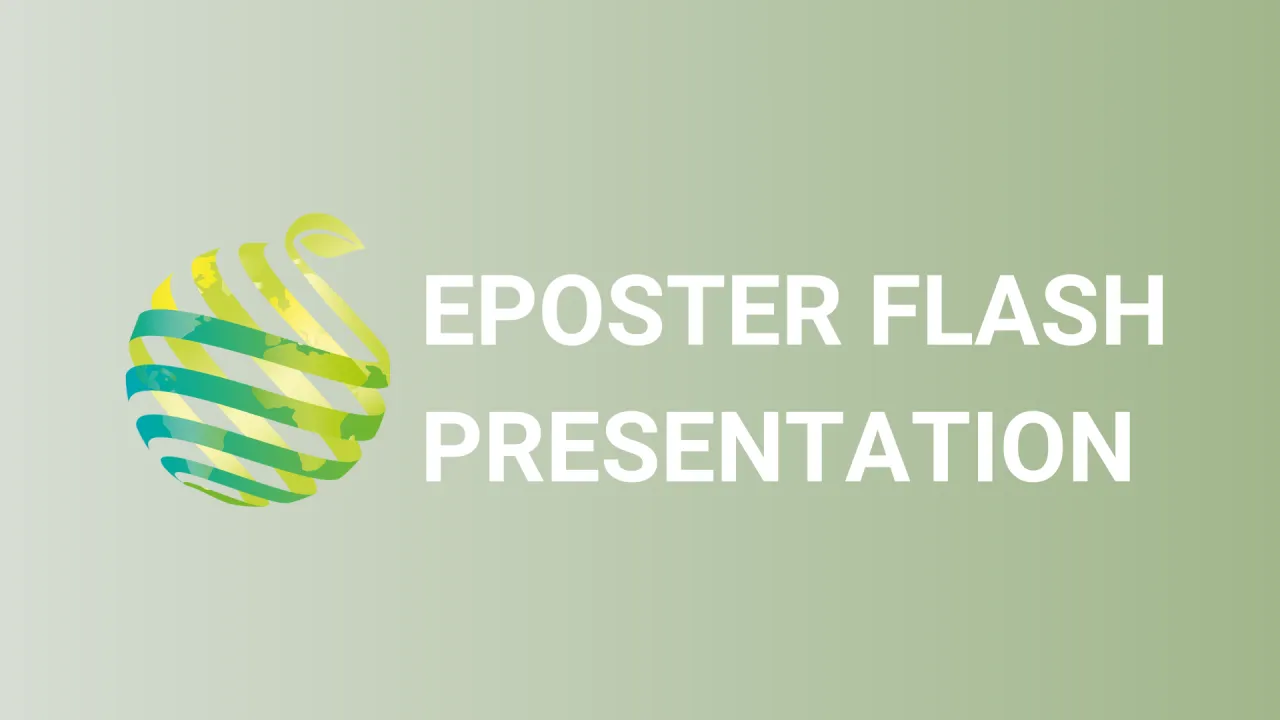

S09 - Session P2 - Application of LCA methodology to a Recirculating Aquaponics System (RAS) prototype
Information
Authors: Chiara Cirillo *, Lucia Vanacore, Giuseppe Carlo Modarelli, Antonio Luca Langellotti, Paolo Masi, Youssef Rouphael, Stefania De Pascale
In the increasing urbanization and food consumption current scenario, aquaponics system is generally regarded as an environmentally friendly food production system as well as a sustainable agriculture practice. However, its environmental burdens (energy consumption, materials, etc.) were not yet deeply investigated. In order to systematically assess aquaponics environmental performance, it is important to take the whole life cycle into account. The aim of this study was to identify and to evaluate the environmental impact of a Recirculating aquaponic system (RAS) prototype compared to hydroponics, using a life cycle assessment (LCA) methodology. Leafy vegetables (i.e lettuce ( Lactuca sativa L.) and curly endive ( Cichorium endivia var. crispum ) and basil ( Ocimum basilicum L.) were grown on floating rafts in combination or not with tilapia ( Oreochromis niloticus L .) and two different lighting regimes. In agreement with the ISO 14040, our LCA analysis included four different steps: 1) Definition of the goal and scope of the study; 2) Life cycle inventory (data collection); 3) Life cycle impact assessment (data translation into environmental indicators); 4) Interpretation and analysis of the results. The OpenLCA 1.6 software was used for calculation. Our preliminary results suggest that electricity was the main contributing factor to environmental impact, especially in relation to the different treatments. This LCA study can be useful for providing the groundwork to reduce the potential environmental impact of aquaponics systems.